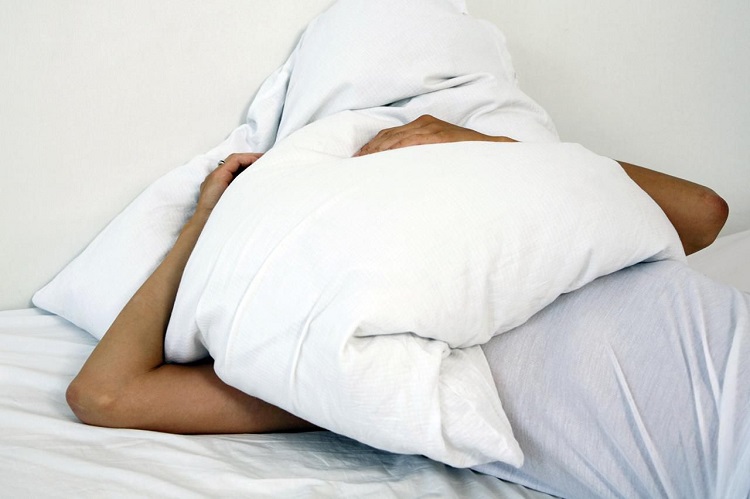Can Sleep Deprivation Cause Nausea

In the whirlwind of modern life, sleep often takes a backseat, viewed as a luxury rather than a biological necessity. However, its importance surpasses mere rest; it intricately intertwines with our overall health and well-being. Surprisingly, the repercussions of sleep deprivation extend beyond fatigue and mood swings, potentially manifesting in unexpected ways, such as nausea. But the question is that can sleep deprivation cause nausea?
Nausea, that unsettling sensation in the stomach, is commonly associated with various causes like viruses, motion sickness, or digestive issues. Yet, emerging research suggests a fascinating relationship between insufficient sleep and this bothersome symptom.
The intricate mechanisms of this connection stem from the delicate balance within our body’s intricate systems. Sleep influences hormonal regulation, immune function, and overall physiological harmony. When this balance is disrupted due to sleep deprivation, it can trigger a cascade of reactions that might contribute to feelings of nausea.
Hormonal Imbalance:
Sleep plays a pivotal role in regulating hormone levels, notably ghrelin and leptin, responsible for hunger and satiety. Sleep deprivation disrupts this equilibrium, leading to an increase in ghrelin (the hunger hormone) and a decrease in leptin (the hormone responsible for signaling fullness). These hormonal fluctuations can upset the stomach and digestive processes, potentially causing nausea or gastrointestinal discomfort.
Stress Response and Nervous System:
Sleep deprivation acts as a stressor on the body, activating the sympathetic nervous system and increasing cortisol levels. Elevated stress hormones can directly impact the gastrointestinal tract, leading to symptoms like nausea, bloating, or even exacerbating existing digestive issues like acid reflux or gastritis.
Impaired Cognitive Function:
Sleep deprivation significantly impairs cognitive function, altering perception and sensitivity to external stimuli. This can heighten susceptibility to sensory inputs, including smells, tastes, and visual stimuli, potentially triggering feelings of nausea or discomfort in response to certain sensory cues.
Immune Function:
A well-rested immune system is better equipped to fend off infections and maintain overall health. Sleep deprivation weakens the immune response, making the body more susceptible to infections or illnesses that may manifest with symptoms including nausea.
Managing Sleep Deprivation-Induced Nausea:
- Prioritize Sleep: Aim for consistent and adequate sleep duration, typically 7-9 hours per night for adults.
- Establish a Sleep Routine: Create a relaxing bedtime ritual, including dimming lights, avoiding screens, and maintaining a consistent sleep schedule.
- Practice Good Sleep Hygiene: Ensure a comfortable sleep environment, with a cool, dark, and quiet room to promote quality sleep.
- Seek Professional Help: If sleep disturbances persist and lead to ongoing nausea or other health concerns, consult a healthcare provider to address underlying issues.
Conclusion
While nausea might not be the most commonly recognized consequence of sleep deprivation, it is undoubtedly interconnected with our body’s intricate balance. Prioritizing sufficient and quality sleep is not only essential for overall health but also crucial in averting unexpected symptoms like nausea, allowing us to embrace each day feeling refreshed and revitalized.





